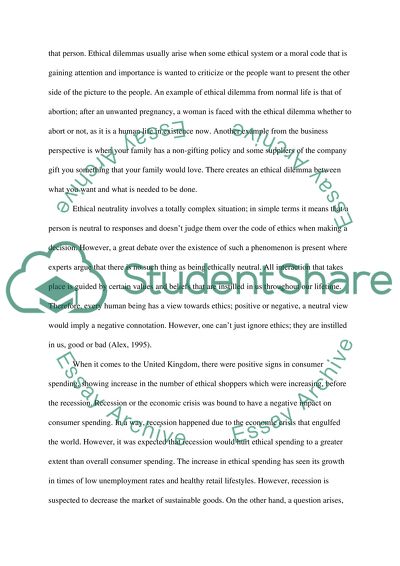Cite this document
(Ethics of Consumption: the Good Life Assignment, n.d.)
Ethics of Consumption: the Good Life Assignment. Retrieved from https://studentshare.org/sociology/1566117-ethics-and-governance
Ethics of Consumption: the Good Life Assignment. Retrieved from https://studentshare.org/sociology/1566117-ethics-and-governance
(Ethics of Consumption: The Good Life Assignment)
Ethics of Consumption: The Good Life Assignment. https://studentshare.org/sociology/1566117-ethics-and-governance.
Ethics of Consumption: The Good Life Assignment. https://studentshare.org/sociology/1566117-ethics-and-governance.
“Ethics of Consumption: The Good Life Assignment”, n.d. https://studentshare.org/sociology/1566117-ethics-and-governance.


